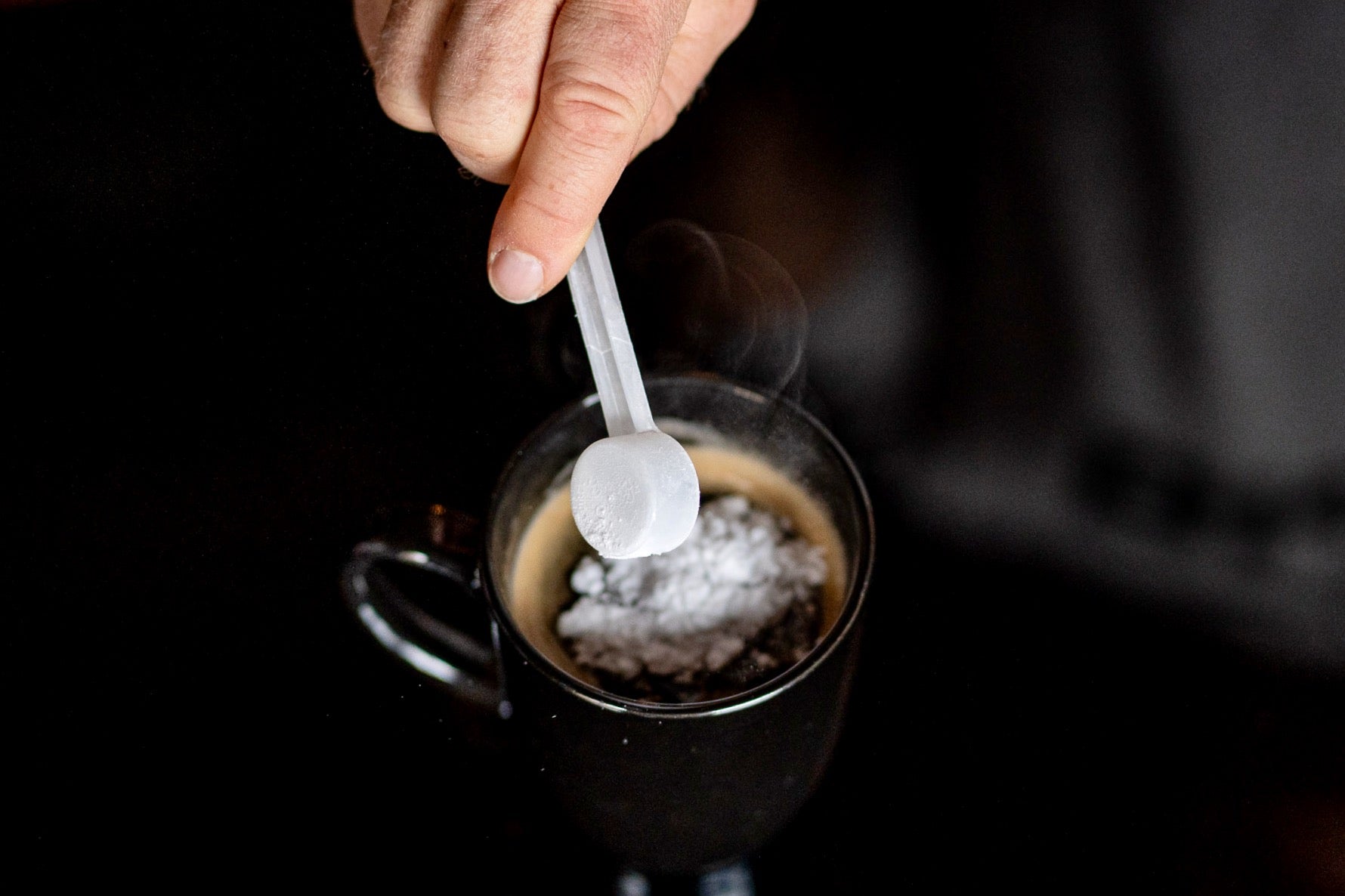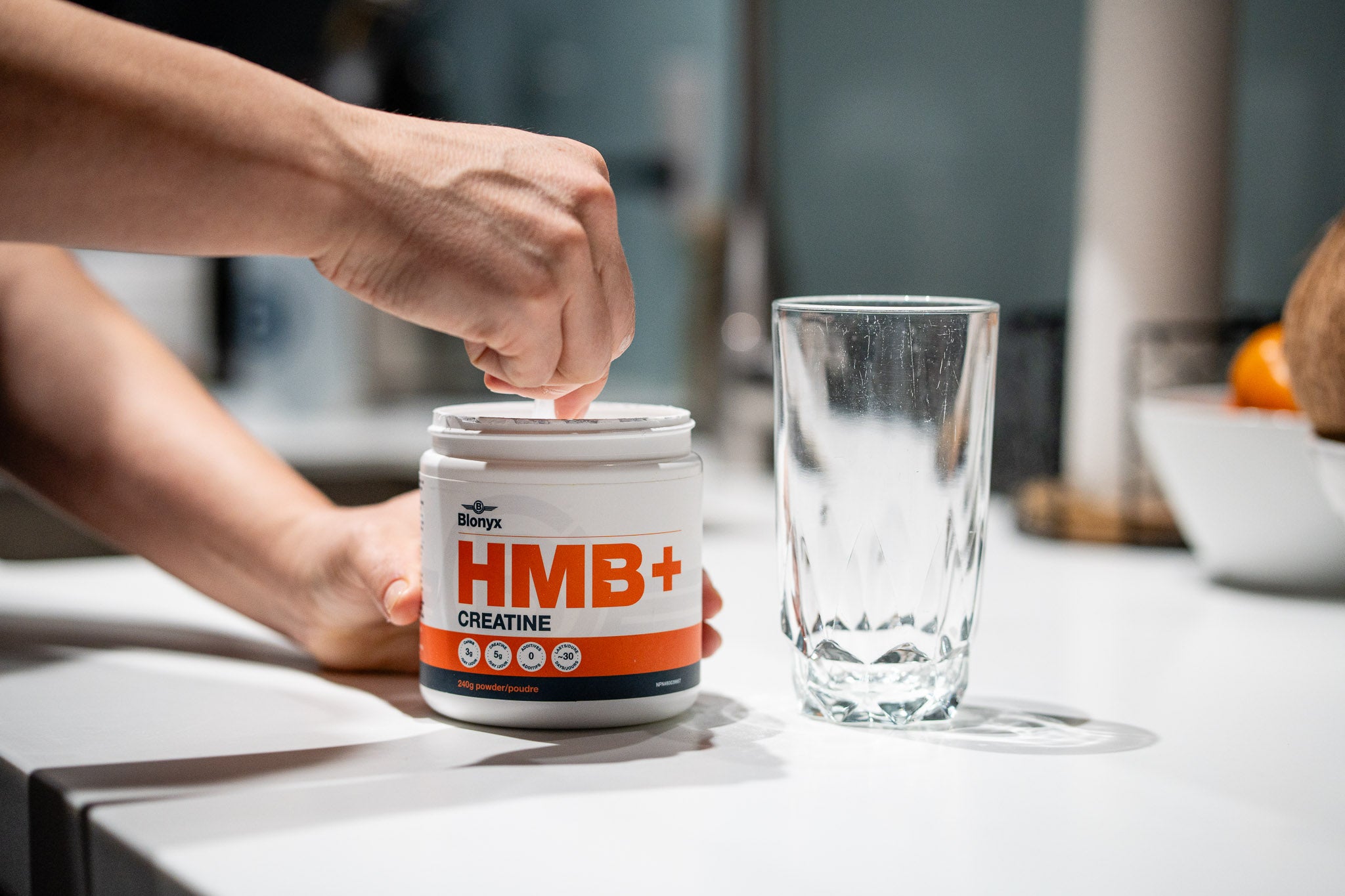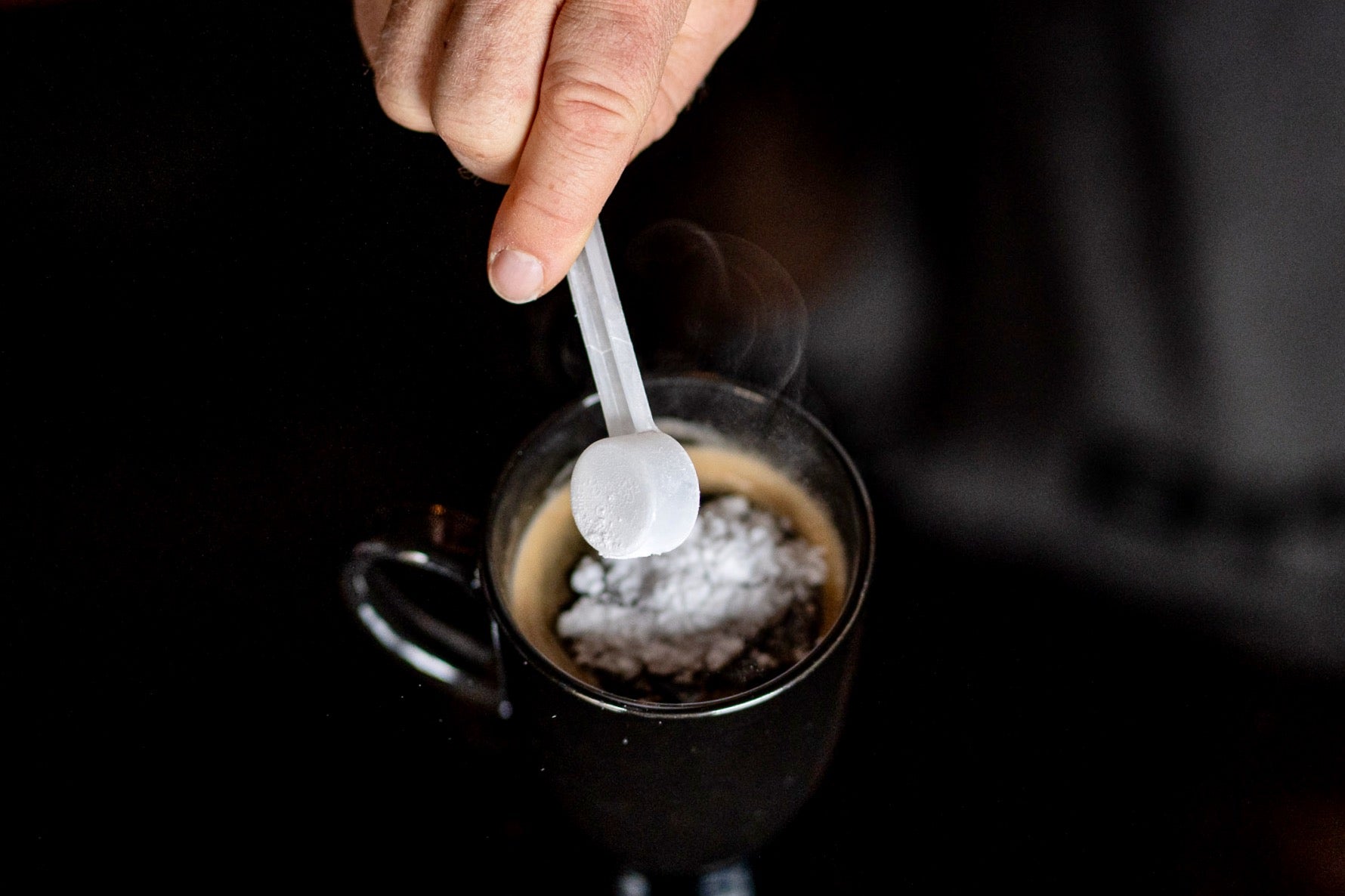Welcome to our weekly summary of the latest research from the worlds of sports science and sports nutrition.
In this week’s summary:
The Effect of Creatine Nitrate and Caffeine on Performance and Cognitive Function

This study investigated the effects of creatine nitrate and caffeine, individually and combined, on exercise performance and cognitive function in resistance-trained athletes. Twelve male athletes underwent a double-blind, randomized crossover trial, receiving supplements of creatine nitrate (5 g/day), caffeine (400 mg/day), and their combination. They were tested for exercise performance, cognitive function, and cardiovascular responses. The results showed that the combined ingestion of creatine nitrate and caffeine significantly enhanced cognitive function, as indicated by improved scores in the Stroop Word–Color Interference test, but did not significantly enhance exercise performance. No adverse events were reported, suggesting that the co-ingestion of creatine nitrate and caffeine is safe and can enhance cognition without affecting short-term exercise performance.
Our thoughts: Creatine's impact on cognitive function continues to grow in stature. Perhaps it's time to add it to your morning coffee?
The Impact of Prior Creatine Intake on Recovery from Exercise-Induced Muscle Damage
 This study examined the effects of creatine monohydrate (CrM) on exercise-induced muscle damage (EIMD) and recovery in 20 healthy men. Participants were randomly assigned to either a creatine or placebo group and ingested their respective supplements for 28 days. They then performed eccentric exercises to induce muscle damage. The study found that the creatine group had a significantly higher range of motion, lower upper arm circumference, and lower muscle shear modulus compared to the placebo group at various time points post-exercise, indicating better recovery from EIMD. Maximum voluntary contraction was also higher in the CRE group at multiple time points post-exercise. However, there were no significant differences in urinary titin fragment excretion or subjective muscle soreness between the groups. Overall, the study suggests that pre-consumption of creatine monohydrate can accelerate recovery from exercise-induced muscle damage.
This study examined the effects of creatine monohydrate (CrM) on exercise-induced muscle damage (EIMD) and recovery in 20 healthy men. Participants were randomly assigned to either a creatine or placebo group and ingested their respective supplements for 28 days. They then performed eccentric exercises to induce muscle damage. The study found that the creatine group had a significantly higher range of motion, lower upper arm circumference, and lower muscle shear modulus compared to the placebo group at various time points post-exercise, indicating better recovery from EIMD. Maximum voluntary contraction was also higher in the CRE group at multiple time points post-exercise. However, there were no significant differences in urinary titin fragment excretion or subjective muscle soreness between the groups. Overall, the study suggests that pre-consumption of creatine monohydrate can accelerate recovery from exercise-induced muscle damage.
Our thoughts: Creatine's impact on strength and power output is undisputed (that’s why we recommend HMB+ Creatine for most athletes), but its value as a recovery supplement isn't so conclusive. This team from Japan found that people who took creatine for 28 days before training recovered from heavy exercise significantly quicker than those who didn't.
How Acute Alcohol Ingestion Impacts Cycling Performance

This study explored the impact of acute alcohol consumption on cycling performance, specifically looking at how it affects power output during a 3-minute all-out cycling test. Twenty-four recreational cyclists consumed either a beverage with alcohol (0.4 g ethanol per kg of body mass) or a placebo before undergoing the test. Results showed that alcohol intake reduced the work done above the end-test power (WEP) by 16% without changing the end-test power (the maximum steady power output maintained at the end of the test). This suggests that alcohol impairs the anaerobic work capacity, potentially decreasing the ability to exercise at high intensities. The effect of alcohol on WEP was consistent regardless of the participant's sex or their ability to identify the beverage they consumed.
Our thoughts: Drinking alcohol is commonplace amongst more casual athletes. This study shows that it negatively impacts high-intensity training performance (such as cycling and sprinting).
That’s all for this week. We hope you learned something new that you can incorporate into your training!
— Train hard!

